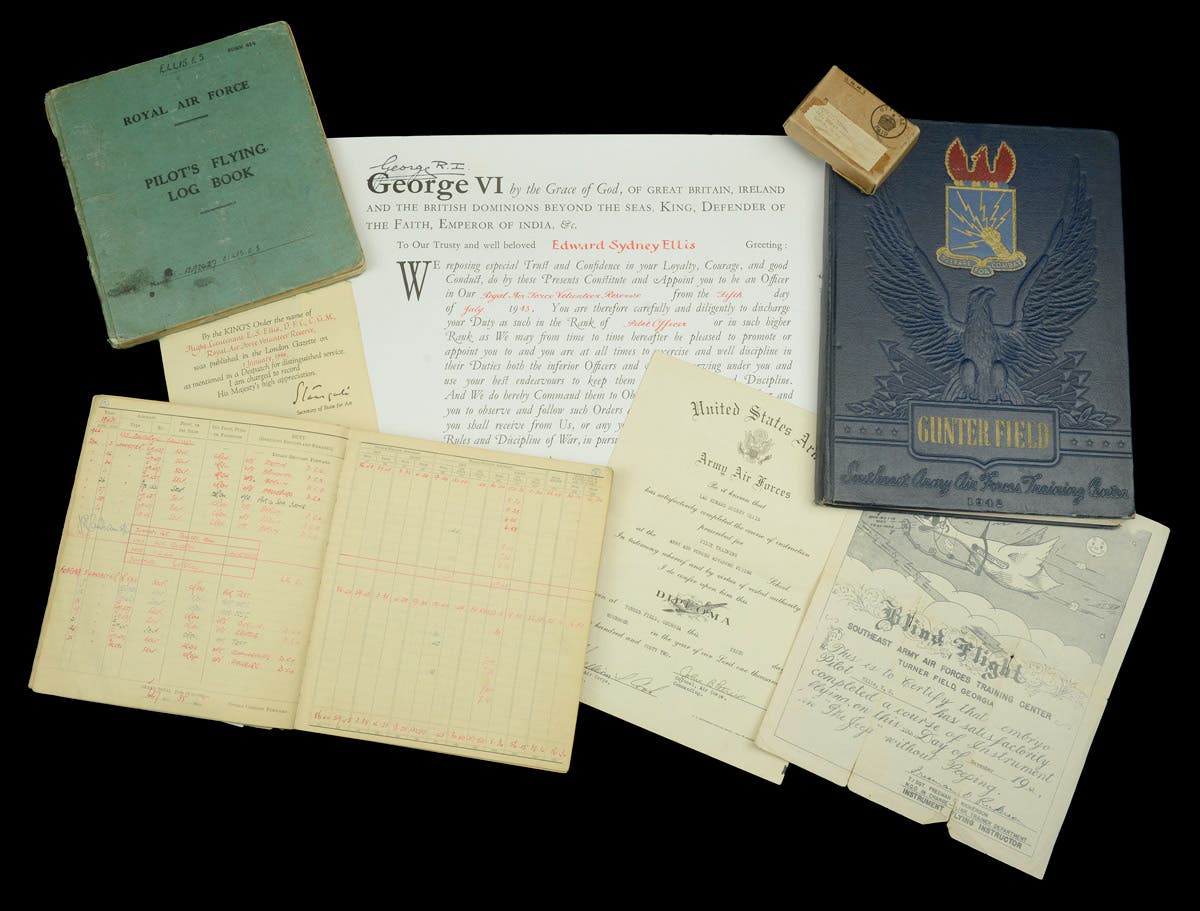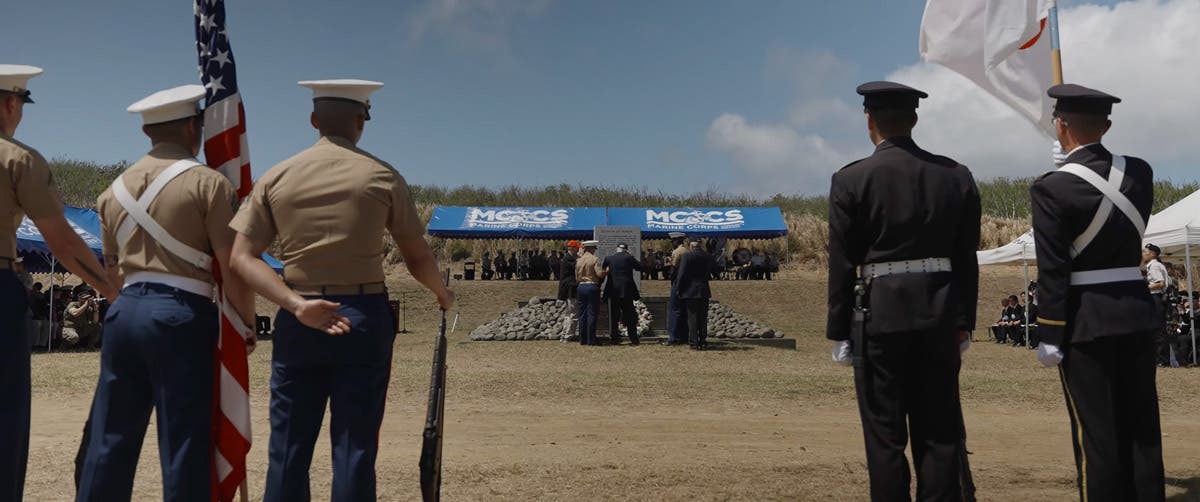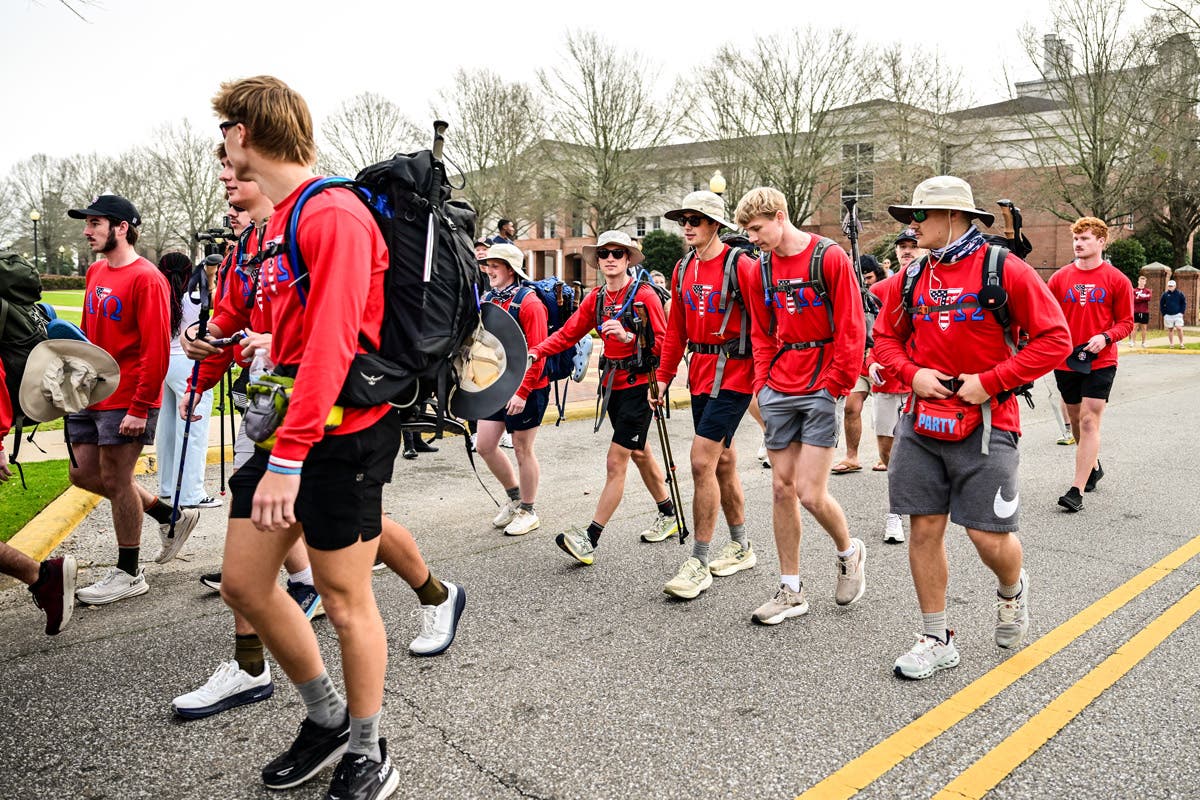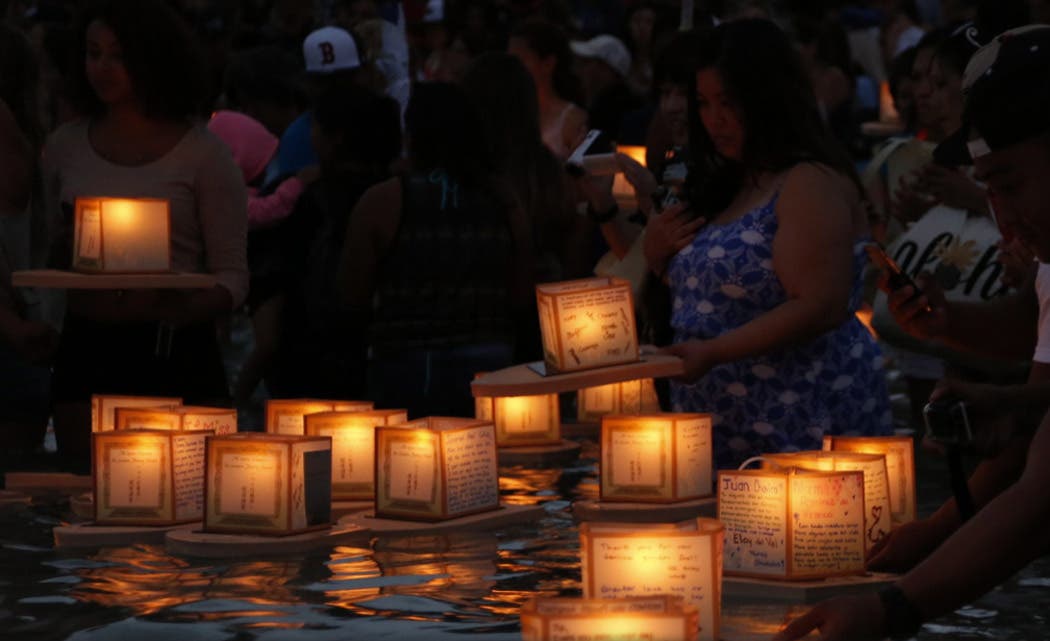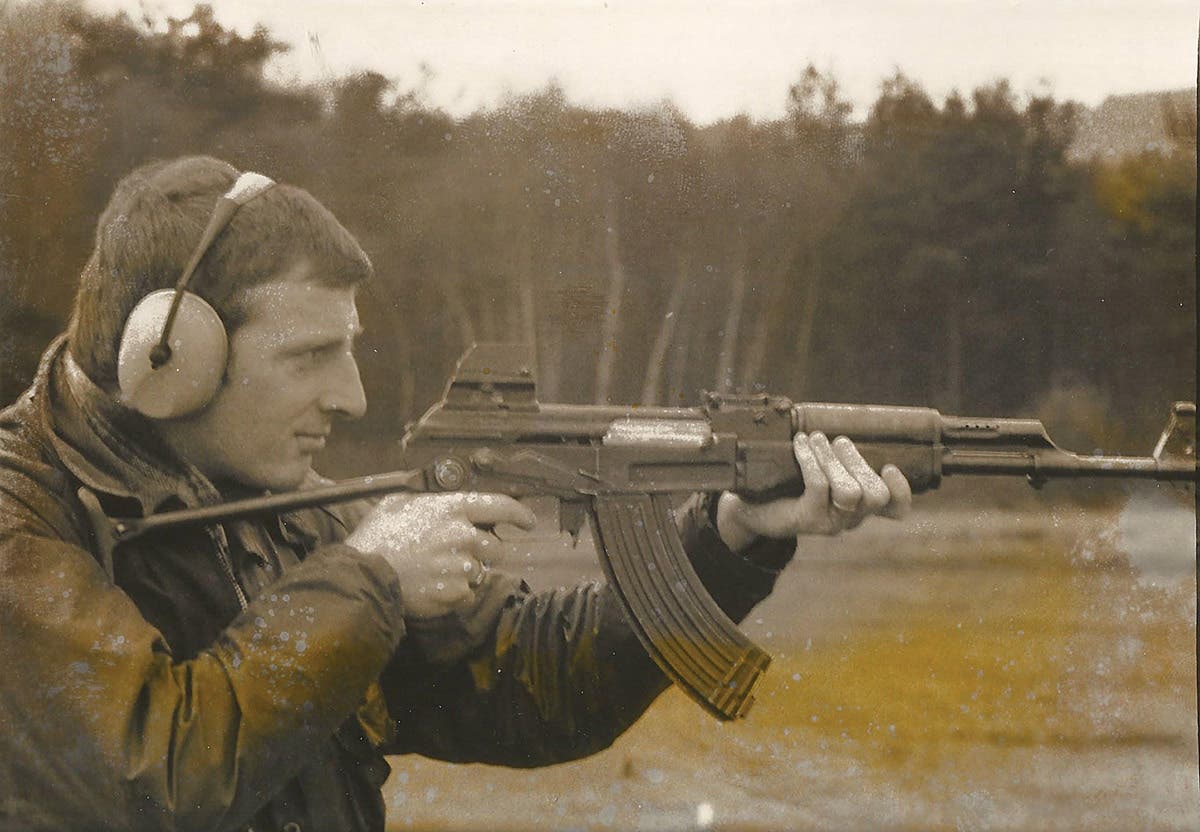The light at the end of the ‘history’ tunnel?
The physics of research depends on more than just googling a topic
“Being a physicist, I am interested in what makes things work,” a stranger announced to me. We happened to be sitting next to each at a dinner for two young lawyers who just got married. “That said, I am fascinated by the recent attempts to smash protons. What is your take on the two new particles they have discovered?” he queried as I moved a couple of Brussels sprouts around on my plate. My brain wheels were spinning…I was pretty sure he was referencing the Large Hadron Collider…I heard of that somewhere, but “new particles?” When did I become so out-of-touch?
Thankfully, enough champagne flowed at the nuptials that I am pretty sure the physicist did not witness my attempts to smash the two Brussels sprouts while he explained the discovery to me. As the green balls collided, I was asking myself, “When the hell did you become so stupid, John?” It was a question that I posed to my partner on the drive home.
“I don’t get it,” I explained to her, “I am reading all day long. Sure, I don’t read Smithsonian, National Geographic, The New Yorker, or Wired like I did before the Internet, but my iPad news feeds include all of those magazines plus a dozen more!” By my reckoning, I should be smarter and better informed than I used to be. But, because of the chance meeting at the wedding with an active scientist, I sure didn’t feel that way.
INFORMATION DOESN’T ALWAYS CREATE KNOWLEDGE
I am the living stereotype of a military collector. I literally dwell in a basement…well, my office landlord calls it a “lower level suite,” but I walk down steps and go down a windowless hall to access my equally windowless office. Once inside, fluorescent lights illuminate photograph- and poster-covered walls behind rows of uniformed mannequins and torsos. A pistol sits on my desk next to my computer, and an AR is propped alongside my swiveling, cushiony office chair. Stacks of books and papers reveal an insatiable quest for information. I am, by all calculations, “a basement-dwelling, military-collecting nut.” All that’s missing are the freedom-defending bumper stickers and the aluminum foil hat.
My days are spent between three computers. I use these to search for and compile military collecting news that I think will be of interest to Military Trader and Military Vehicles Magazine readers. I find the stuff by scanning hundreds of news feeds, bulletin boards, and forums. With all the info available through the internet, my gray-matter functions like a sieve…capturing nuggets while allowing the bulk to pass on through.
Contrast this with how I worked ten years ago: With subscriptions to a number of magazines, I would page through each, tearing out pages that I thought were worth deeper consideration. Than, I would sift through the stack of pages to narrow the topics even further. Finally, I created a (hard) file for each topic. As time passed and more sources uncovered, I would add to the files. These individual files became the basis of future articles.
I still research that way, except the files are “on my [computer ’s] desktop” and the pages are actually addresses to web sites. But something has been lost in this process.
My brother would just say I am getting older and more prone to forget info I don’t use. But I wonder if, during the “old days” when I was searching, that my mind actually absorbed more information as I paged through the magazines?
SOMETHING TO BE SAID FOR RESEARCH
Just this morning, I spent too much time on a collecting forum reading “experts” debate insignia worn on a WWI-era American Red Cross worker’s uniform. The majority of posts were pure conjecture devoid of any empirical data or citations to primary sources. Then, I read a few posts that referred to service in France during WWI being like the “wild west” when it came to uniforms. This turned my ears red with anger. One poster hung on in her attempts to inject research and reason into the discussion, quoting from period regulations and ARC reminiscences. But that didn’t sway the discussion. The chuckle-head chatter was “louder” than her research. The forum “thread” descended into another useless black hole of opinions and unguided conclusions.
I doubt I will ever access it again because there is just too much chaff to sift through in the search for nuggets of good information. For me, the myriad of unsupported opinions and infantile attempts at humor killed the discussion.
Just as the wedding physicist could explain, black holes—whether literal or literary—are dangerous because they eventually suck all the light from nearby material, leaving it dark and “undiscoverable.” Internet forum black holes do the same…they can suck the credibility and value from legitimate discovery, examination, and reporting of historical research.
FAMILIAR TOOLS: PENCIL AND PAPER
A few days earlier, I received a package in the mail containing a French M2 gas mask. Tied to the canister was an old paper tag stating that the gas mask had been worn by a fellow from Minneapolis who had joined the Norton-Harjes Ambulance Corps during WWI. What a treat! Though I had acquired the gas mask for resale, the Minnesota-affiliation made me want to learn more. I spun my office chair around to Computer No. 2 to begin the “research.”
I carefully typed the man’s name with quotes around it. I hit return. Up came a page of web sites in which the name appeared. I scanned it, looking for WWI relevance. Finding a likely candidate, I placed my cursor over the site’s address and clicked. Up popped a file revealing a letter the man had sent from France back to his University of Minnesota fraternity! I highlighted the letter, pressed Control+C to copy it, and dropped into a folder on my desktop. My “research” was well on its way.
Taking a “trip” to ancestry.com, I repeated my “research” query by typing the man’s name followed by “enter.” Again, my “research” was rewarded with a list of possible connections. From these, I was able to determine his place of birth, parents’ names, and employment after the war.
Feeling flush with pride over my quick identification of the Minnesotan, I sat back in my chair. Only then, did I begin to “think.” Up until then, my actions were not so much “research” as they were rote actions, perfected through years of searching for information to compile into descriptions of military medals, uniforms, helmets, etc. I remembered how real research requires more than just going through the actions of picking the low fruit on the history tree. As my favorite history professor had explained to me thirty years ago, it requires looking around the forest in order to even see what else there may be to discover.
So, having pondered all of this, I decided a visit to the Minnesota Historical Society was in order. I grabbed a notebook and a pencil in preparation to my visit. I hadn’t touched those two research tools in years!
After an afternoon sitting in the research library, I uncovered a small wealth of information. The man, along with his brother and six fraternity buddies, joined the Norton-Hartjes Ambulance Service in 1917. Their entire section was awarded the Croix de Guerre for heroism on Hill 304 during August and September that year. One of the members of the section nearly drove his Fiat ambulance into enemy lines because it was too dark to see where he was going. My man returned to the US and finished his degree after his year’s commitment, but his brother staid in France to join the U.S. Navy and become a Naval aviator.
A few hours of traditional research had produced a deep well of information. During the course of the research, however, I discovered new paths to follow on other interesting topics, including a woman doctor who, in her frustration in not being allowed to volunteer for service with the United States, joined the French Army to practice medicine, and a Minnesotan who volunteered in 1915 for service with the Canadian Army and eventually won the Victoria Cross.
Handling the documents, examining the photographs with my magnifying glass, and jotting info into my notebook reminded me of the importance of archival research. There are real stories waiting to be discovered and shared. If I sit in front of my computer all day sifting through electronic “cosmic dust” looking for connections, I will deprive myself of the joy of real discovery.
Even though he didn’t have a real good grasp of computers, Dad once said to me, “If you read it on your ‘puter, you can be sure a hundred others did too!” I get it now…just because something on the internet might be new to me, it doesn’t mean I discovered it. And discovery is the first step to interpreting the history of those who have served before us.
Don’t get me wrong. There are many, many nuggets of information available online. There isn’t a day goes by when I don’t use my access to ancestry.com; Fold3, or the Imperial War Museum during my daily sifting. The important thing for me—and all of us students of military history—to remember is: Research is more than clicking mice and gathering “thumbs up” likes on forums. It is more than 30 seconds of satisfaction. If we are dedicated to preserving the memory of soldiers through the uniforms, medals, weapons, snapshots they left behind, than getting off our duffs and digging a bit should be part of the collecting process.
Until that day when every bit of information is scanned and available in the electronic cosmos, real research still requires digging outside the computer universe in archives, museums, and book repositories. That “sifting” of hard data is what keeps us “smart” and will provide us with our own topics of conversation for the next wedding party.
Preserve the memories,
John Adams-Graf
Editor, Military Trader and Military Vehicles Magazine
You may also like:
*As an Amazon Associate, Military Trader / Military Vehicles earns from qualifying purchases.
John Adams-Graf ("JAG" to most) is the editor of Military Trader and Military Vehicles Magazine. He has been a military collector for his entire life. The son of a WWII veteran, his writings carry many lessons from the Greatest Generation. JAG has authored several books, including multiple editions of Warman's WWII Collectibles, Civil War Collectibles, and the Standard Catalog of Civil War Firearms. He is a passionate shooter, wood-splitter, kayaker, and WWI AEF Tank Corps collector.



